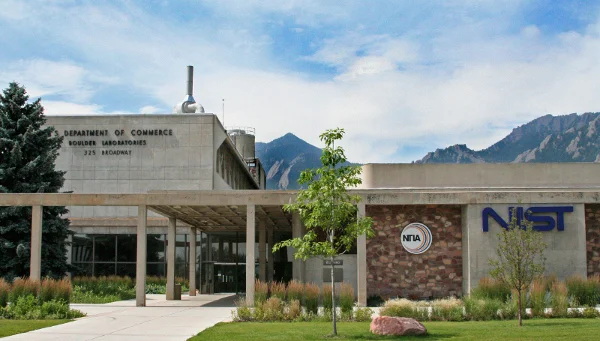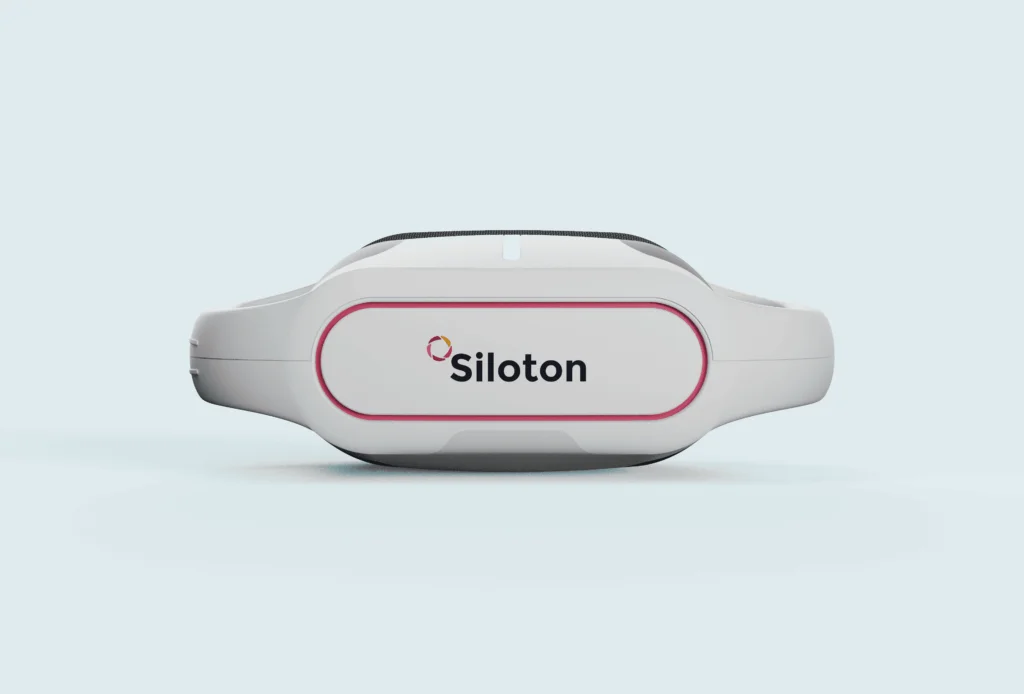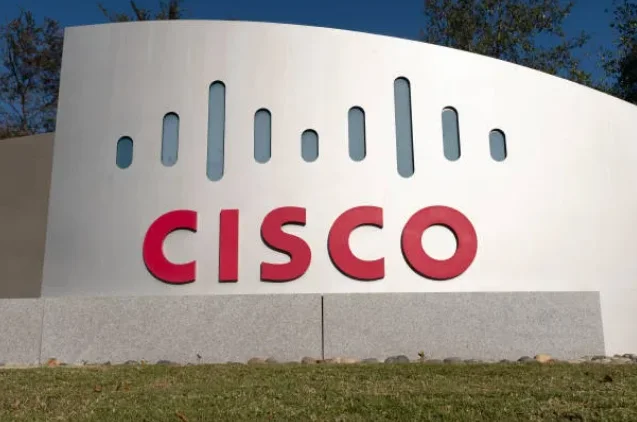Insider Brief
- Google has launched a research award program offering ~$100,000 grants to explore whether quantum phenomena influence brain function.
- The program seeks proposals investigating quantum effects in neural systems, including experimental, computational, and sensor-based approaches.
- Google aims to advance understanding of quantum biology and its potential applications in computing, neuroscience, and medicine.
Google is betting that the strange rules of quantum mechanics might apply not just to subatomic particles and superconductors, but to the brain itself.
In a newly launched research challenge, Google Research is calling on scientists to explore whether quantum phenomena — like entanglement and superposition — might influence how neurons function and how the brain makes decisions. The company will award grants of around $100,000 to faculty researchers who submit strong proposals exploring the intersection of quantum physics, biology, and neuroscience.
The initiative marks a rare institutional push into the controversial but increasingly studied field of quantum neuroscience. For decades, most neuroscientists and physicists dismissed the idea that quantum processes could influence brain function, arguing that the warm, wet, and noisy conditions of biological systems would suppress fragile quantum states. But recent advances in quantum biology have prompted a reevaluation of that assumption.

Quantum Effects in Neural Signaling or Cognition?
Google’s call for proposals notes that while classical explanations dominate our understanding of brain function, recent studies suggest that quantum effects may play a functional role in biological systems. Research in other organisms has shown hints of quantum behavior in processes like photosynthesis, enzyme activity, and bird navigation. Whether similar effects could influence neural signaling or cognition remains an open — and potentially transformative — question.
The company is seeking proposals from university-based researchers that address a range of possible topics. These include studies that aim to demonstrate non-classical effects on organism behavior, investigations into whether quantum coherence exists inside neurons, and efforts to model how quantum mechanics might influence biological molecules involved in cognition. Experimental approaches such as nano-NMR, electron spin resonance, and 2D electronic spectroscopy are encouraged, as are projects that leverage advanced quantum sensors.
High-Risk, High-Reward Research
The grants are part of Google’s broader effort to fund high-risk, high-reward research at the intersection of computing and the life sciences. The tech giant, already deeply invested in quantum computing, sees quantum neuroscience as a potential frontier for innovation—one that could ultimately lead to new types of human-computer interfaces or medical tools. The company is especially interested in research that not only observes quantum effects in biology but also explores how they might be harnessed through quantum hardware.
One possible use case cited by the program involves the deployment of quantum sensors to monitor neural activity with unprecedented precision, feeding that information into quantum computers for real-time analysis. Such a setup could allow for adaptive brain-computer interfaces or even therapeutic systems that control neural signaling at the quantum level. Another speculative possibility involves using quantum devices to influence nuclear spins in biological tissue, not just for imaging, as in traditional MRI, but for active control of neural processes.
While these ideas remain speculative, Google’s research agenda reflects a growing belief that exploring unconventional hypotheses could unlock new technological paths. Some of the most well-established quantum biological findings, such as those involving energy transfer in photosynthesis, were once considered implausible. The company is now betting that similarly surprising results may lie in the brain.
Scientific — and Reputational — Challenges
Still, the field faces steep scientific and reputational challenges. Critics warn that attempts to link quantum physics with consciousness or cognition often veer into pseudoscience. Google appears to be aware of these concerns. The challenge’s eligibility and review criteria emphasize rigorous scientific credentials, a clear connection to computing, and a focused research design. Only faculty members at degree-granting institutions are eligible to apply, and each proposal must clearly relate to computing or technology. Submissions will be judged on faculty merit, scientific quality and alignment with Google’s broader research goals.
The company states that it may consider awarding larger grants for exceptional proposals that present a compelling case for higher funding. Awards will be disbursed as unrestricted gifts to support the research without institutional overhead.
Although the program avoids making claims about consciousness, its timing aligns with a renewed interest in brain-inspired computing and biological models of intelligence. As artificial intelligence systems grow more powerful, researchers are increasingly looking to neuroscience for clues about how to build adaptable, efficient, and generalizable machines. If quantum processes play a role in the brain, understanding them could offer a new foundation for both AI and neurological medicine.
Google’s own work in quantum computing has already made advances toward the development of fault-tolerant processors, quantum machine learning and sensing technologies. The company appears to be extending that momentum into uncharted scientific territory. By inviting researchers to explore whether the brain operates not just biologically, but also quantum mechanically, Google is staking a claim on a speculative but potentially transformative area of science.
Whether quantum neuroscience turns out to be revolutionary or a dead end, the challenge reflects a broader truth about emerging technologies: sometimes, the next big idea requires asking a question that once seemed outlandish.
Applications for the Google Quantum Neuroscience Research Challenge are now open, with submissions reviewed on a rolling basis.
Apply here.















